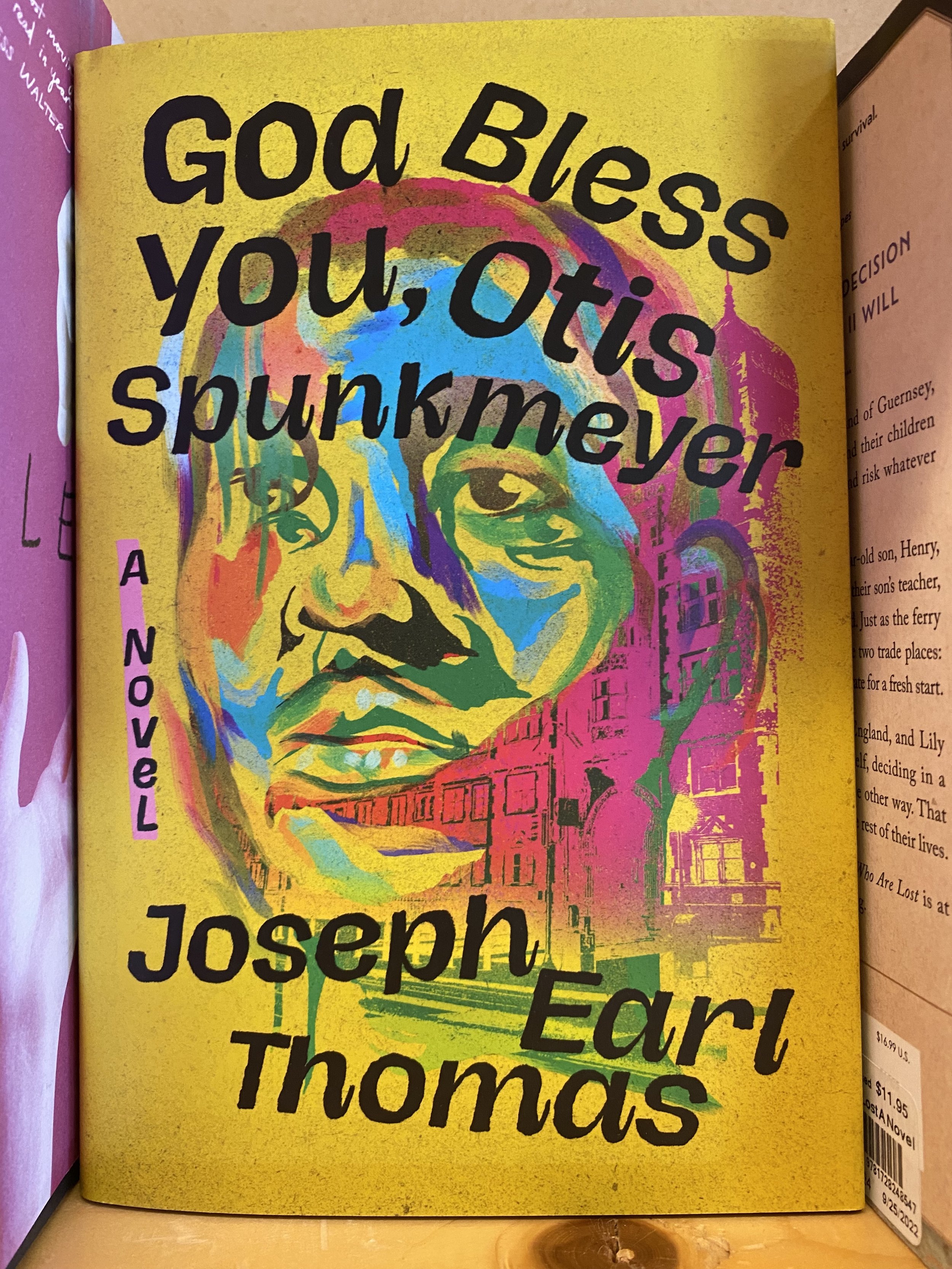3/5 stars
What's it about? Veteran Billy Summers has one last job as a hired assassin before he gets out of the game. Of course, it’s his messiest assignment yet, and Billy starts to question how to tell the bad guys from the good. A well-written crime novel with momentum and heart.
How’d I find it? My aunt passed this along as “a good one.” She was right.
Who will enjoy this book? The HBO series Barry is the perfect companion to Billy Summers. Certain similarities make me wonder if King was inspired by the show.
What stood out? Billy’s alias as a writer provides the frame to learn more about his horrific childhood and deployments in Iraq. The novel within a novel schtick makes the timing in this book perfect. The arrival of Alice, who contributes much of the aforementioned heart, steers the story into sentimentality, but King is, as always, an able navigator. A nod to The Shining that comes out of nowhere gave this fan much joy.
Which line made me feel something? This had never occurred to me: “Billy thinks of telling her that dead, like unique, is a word that cannot, by its nature, be modified.”









